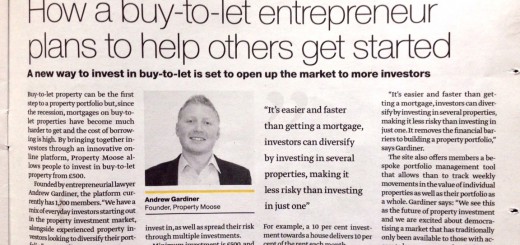According to CNBC (1), the pound fell to a 7-year low recently, attributing the slump to the on-going Brexit debate. Joining the “out” crowd on Monday was London Mayor, Boris Johnson, taking a different view to his Government. The introduction of a high profile “name” to the “out” campaign may cause foreign investors to wait until the front-runner emerges before pursuing investments in the UK.
A weakened pound, however, could be an opportunity for long-term foreign investors. Against the US dollar, GBP has had its largest one day downturn since the Conservatives took power in 2010 (5), possibly giving dollar-linked currencies the greatest buying-power they’ve had in the UK for several years.
I feel that economists are yet to understand the exact implications of either side winning as the impact would be very much dependent on the terms that are reached after the referendum.
In the event of losses in cross-border trade, it is likely that the UK would suffer according to a survey of KPMG accountants in which 66% agreed (2). However, solidifying trade links with non-EU countries may contribute to greater investment in Britain from outside, strengthening the economy and potentially leading to a boom in the UK property market.
Uncertainty could continue even after a Brexit vote as Cameron attempts to negotiate new terms and the economy may stagnate. It may be that Britain currently benefits from economies of scale as part of EU negotiations with non-EU countries, in my opinion.
What about house prices?
In a poll by eMoov “55% of people believe leaving the EU would impact their house price - with 34% of people thinking it could increase their property price and 21% of people believing it would decrease the price of their property”(4). There are many ways to view this argument and, again, there is as yet no solid evidence, only speculation. Restrictions on movement of people may ease demand on homes, allowing the property market to cool. However, businesses may struggle to find the necessary skills, therefore leading to increased risks of unemployment and government intervention in order to reduce property prices.
However, the opposite could also be true and the UK could benefit from stronger links with other global superpowers. I think it is possible that stronger trading deals with non-EU countries may increase immigration from highly-immigration-restricted countries such as Australia, Russia and China, renewing their confidence in the UK and stimulating outside investment into property.
Although the impact of an exit from the EU may have severe ramifications, either positive or negative, there isn’t any reason to panic just yet. As usual, economic fears are fuelled by speculation rather than tangible shifts in policy and change; a question of confidence.
Global-Counsel.co.uk (3) report that the path to a successful Brexit could take up to 10 years before actually coming in to play. Although a formal exit, if “out” wins, could happen by 2019, the negotiations of terms could last until 2025.
References
- http://www.cnbc.com/2016/02/25/reuters-america-brexit-worries-keep-sterling-struggling-near-7-year-low.html
- http://www.winkworth.co.uk/articles/what-will-happen-to-the-property-market-if-britain-left-the-eu
- http://www.global-counsel.co.uk/system/files/publications/Global_Counsel_Impact_of_Brexit_June_2015.pdf
- http://www.cityam.com/235029/eu-referendum-brexit-could-lead-house-prices-five-per-cent-lower
- Against the dollar the UK currency has suffered its biggest one-day fall since prime minister David Cameron first came to power in 2010.







